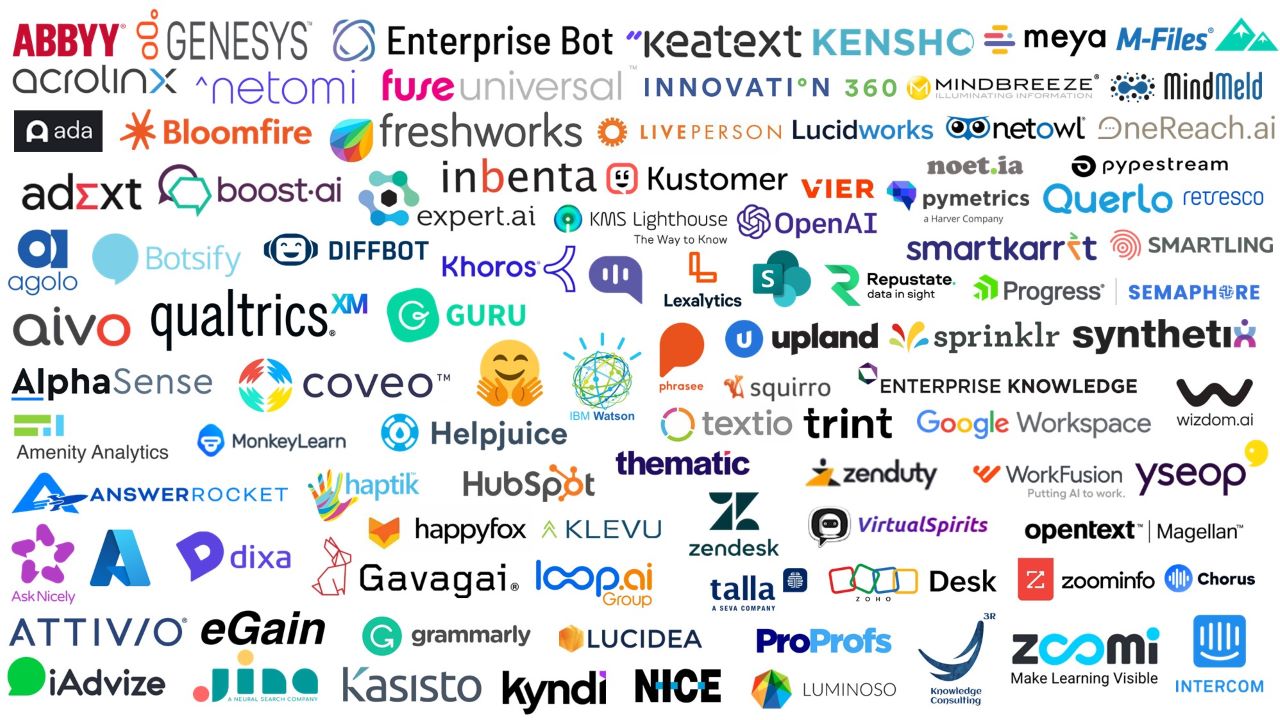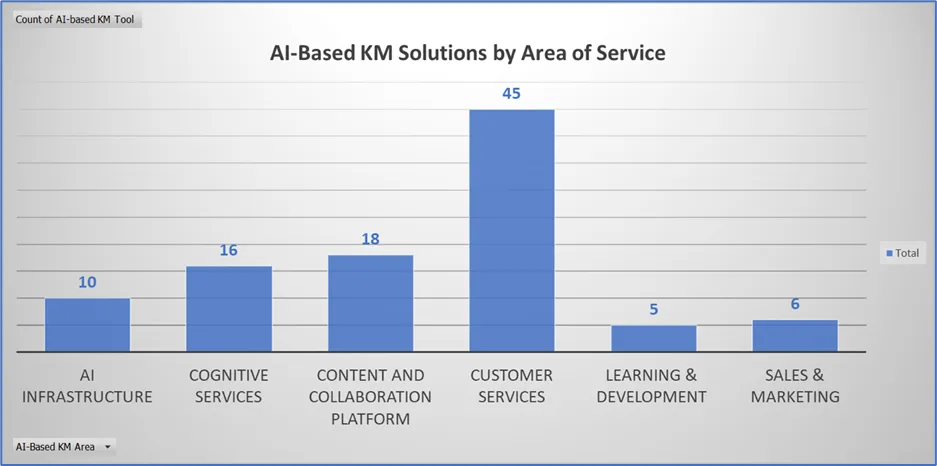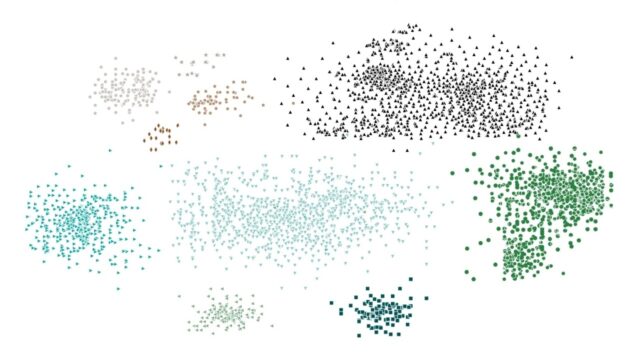
AI integration strategy for learning and knowledge management solutions [Generative AI & KM series part 1]
A comparative study of 100 generative AI-based tools in the context of learning & knowledge management (KM)
This article is part 1 of the series AI integration strategy for learning and knowledge management solutions.
Artificial intelligence (AI) technology and particularly generative AI1 has gained mainstream attention, the public media, as well as the business corporation. The global AI market2 is valued at $ 142.3 bn as of 2023 and it’s expected to continue to grow into a $ trillion market in the coming years. On another note, the AI, algorithmic, and automation incidents and controversies (AIAAIC) repository3 has reported that the number of incidents and controversies concerning the misuse of AI is exponentially increasing from 123 incidents (2019) to 1,000+ incidents (first half of 2023).
As knowledge management (KM) leaders and practitioners, it’s critical to have an active role in guiding the integration of generative AI into KM areas, applications, and processes. This report is an attempt to provide some guidance on the current state of generative AI integration within the KM context. Specifically, the report is answering the following question:
Where and how generative AI is accelerating and impacting knowledge use cases, areas, and processes?
I have conducted a comparative study of 100 generative AI tools in the context of learning and knowledge management that has resulted in a set of 35 KM processes where generative AI has augmented their experience, implementation, and execution. The 100 KM solutions integrating generative AI are shown above.
AI-based KM solutions by service area
AI-based KM solutions have served multiple areas ranging from market intelligence, sales prediction, customer service, and intelligent search to employee learning and development. The below chart shows the distribution of the 100 AI-based KM solutions by service area:

- Customer services: customer experience, customer call center, customer feedback analysis, incidents, ticket management, self-service customer portals, and customer web chat.
- Cognitive services: intelligent search, semantic search, cognitive search, symbolic search, and insights engine.
- AI infrastructure for KM: AI and machine learning platforms, symbolic and reasoning algorithms, deep learning, large language models, and neural networks.
- Content and collaboration platform: intelligent document and process automation, content automation, content optimization, content editorial, content summarization, content intelligence, enterprise knowledge platform, knowledge sharing platform, and knowledge base.
- Sales and marketing: brand experience, digital marketing, digital advertising, market intelligence, and research intelligence.
- Learning and development: smart skills, digital worker, talent engagement, and social learning platform.
AI-based KM features by process area
The study found 35 KM processes that have been promoted with generative AI technology and features, which we have organized into seven knowledge activities.
Each of these seven knowledge activities and the KM processes under them will be discussed in subsequent articles in this series:
Part 2: Social learning & personal capabilities
Part 3: Knowledge co-development & exchange
Part 4: Knowledge retention & reuse
Part 5: Expertise discovery & dissemination
Part 6: Knowledge discovery & generation
Part 7: Knowledge-centered services
Part 8: Knowledge analytics and intelligence
Next part (part 2): AI-based KM features for social learning and personal capabilities.
Header image source: Author provided.
References:
- Najjar, R. (2023, July 13). Preliminary Understanding of Generative AI: What & How? Medium. ↩
- Thormundsson, B. (2023, July 7). Global total corporate artificial intelligence (AI) investment from 2015 to 2022. Statista. ↩
- AIAAIC. (2023). AI, algorithmic, and automation incidents and controversies. Retrieved from https://www.aiaaic.org/aiaaic-repository/ai-and-algorithmic-incidents-and-controversies. ↩






